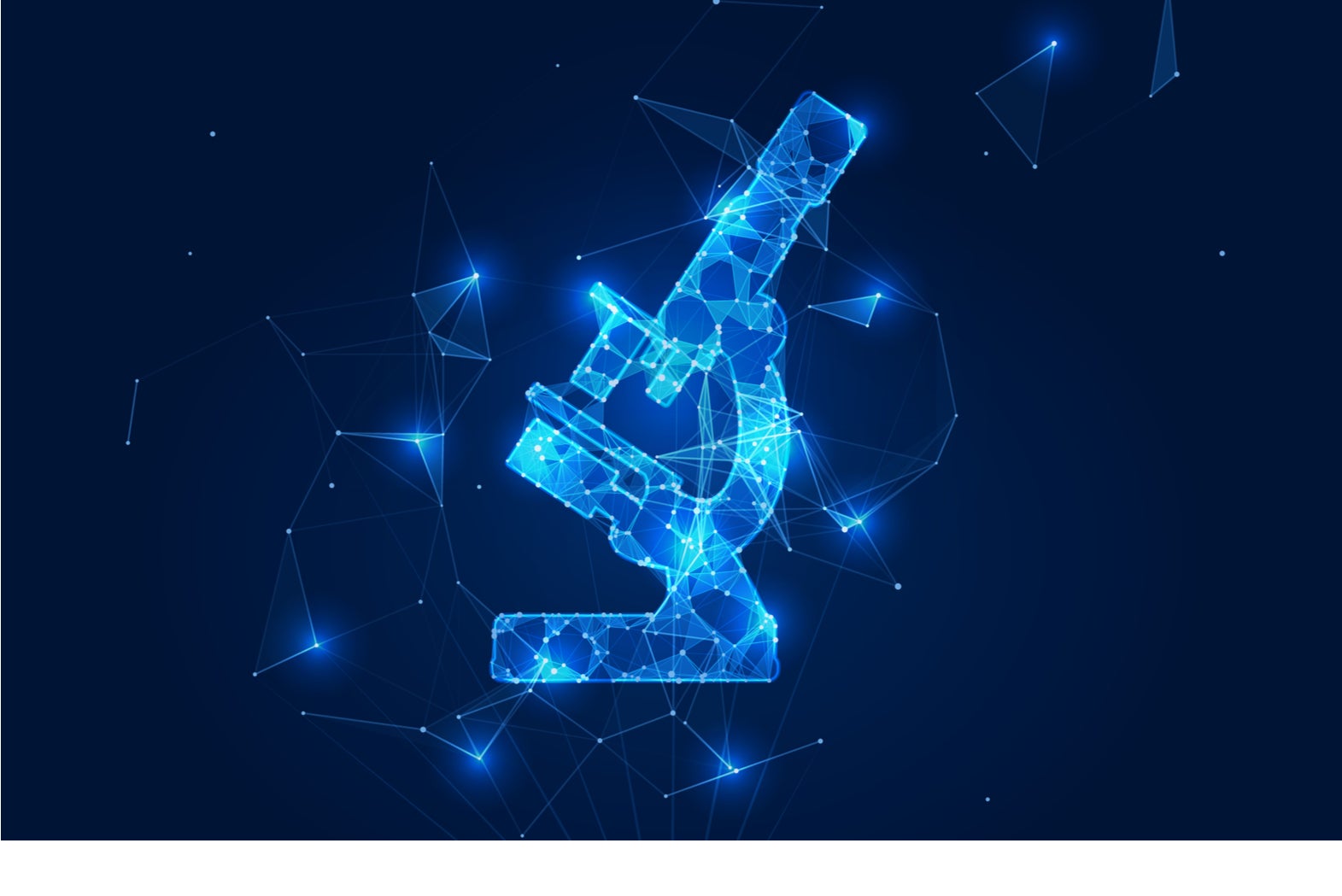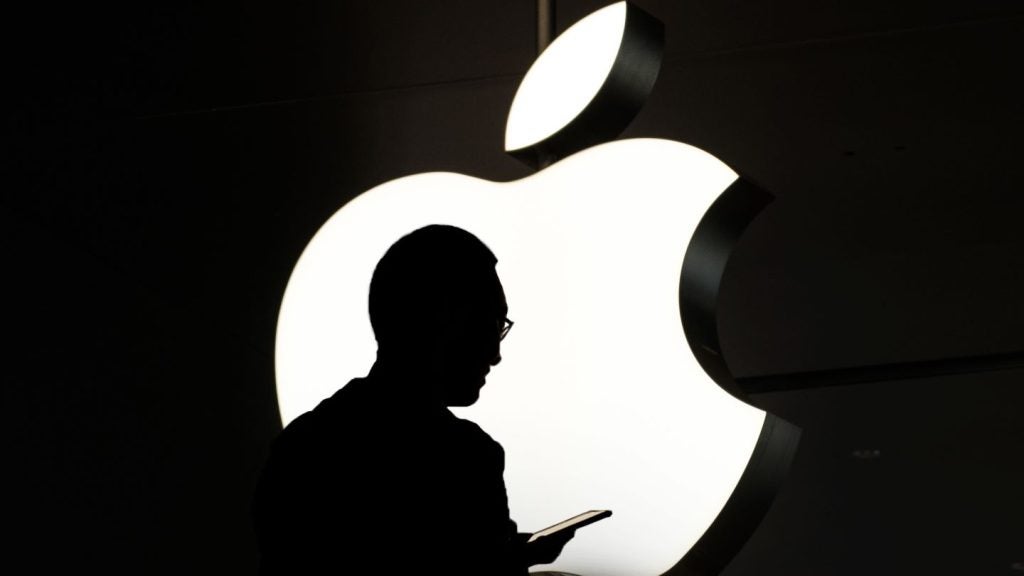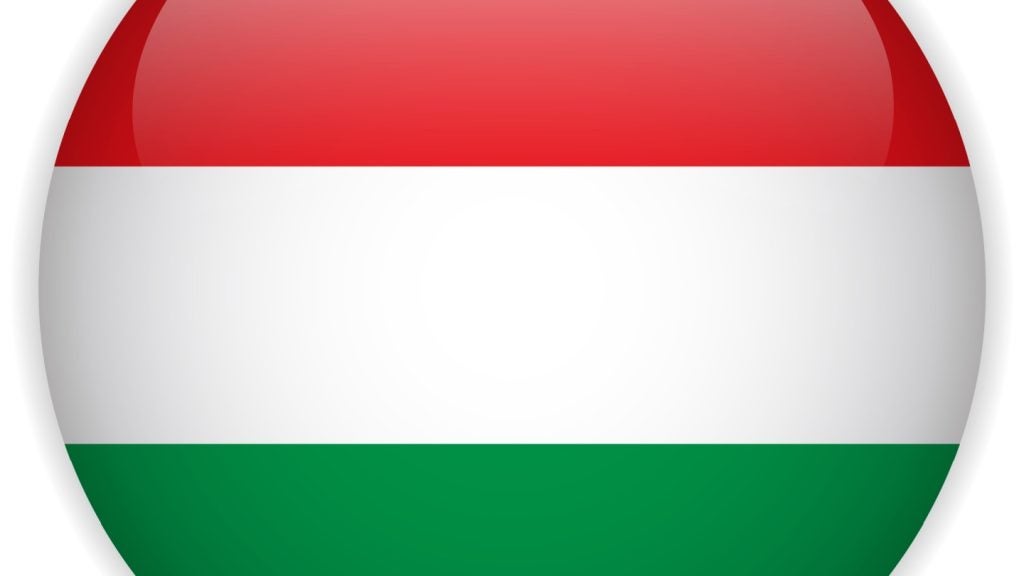
Dr Garry Pairaudeau is the CTO at Exscientia, a pharmatech company that uses artificial intelligence (AI) to accelerate drug discovery.
Founded in 2012, the company combines its AI drug discovery platform with pharmaceutical experts to design novel life-saving compounds. Pairaudeau is one such pharmaceutical expert, with an established career as a chemist that included time at Covid-19 vaccine developer AstraZeneca. Appointed as Exscientia CTO in November 2020, he brings 25 years of drug hunting experience to the startup, which in May last year raised $60m in a Series C funding round.
In this Q&A, the 43rd in our weekly series, Pairaudeau discusses settling into the role remotely, explains why he’s excited about quantum computing and reveals why we should be wary of ‘cool’ tech.
Robert Scammell: Tell us a bit about yourself – how did you end up in your current role?
Garry Pairaudeau: You might be surprised to hear that first and foremost, I’m not a ‘tech’ person by training. I’m actually a chemist. Having spent more than 25 years working in early drug discovery, I have become passionate about the importance of exploring new technologies and the transformation that AI, in particular, will bring to drug discovery.
I’ve spent the majority of my career working across a range of disease areas at AstraZeneca focused on delivering early drug discovery projects. I’ve been very fortunate to work with many great teams of scientists across the globe which has given me a valuable perspective on multi-cultural working. In my role before joining Exscientia, I championed and built teams dedicated to applying AI and robotics to discovery chemistry. What I do think I understand are the ‘problems’ of drug discovery and experience, how the range of new AI and laboratory automation technologies can provide innovative solutions. Knowing how to ask the right questions and knowing where the solutions may lie is half the battle.
I’d been watching the work the team at Exscientia have been doing from the sidelines with admiration. They’ve had a tremendous impact by combining AI, machine learning (ML) and intelligent processes to speed up drug discovery. Having known CEO and Founder Andrew Hopkins for several years, I’ve now been lucky enough to get involved.
How well do you really know your competitors?
Access the most comprehensive Company Profiles on the market, powered by GlobalData. Save hours of research. Gain competitive edge.

Thank you!
Your download email will arrive shortly
Not ready to buy yet? Download a free sample
We are confident about the unique quality of our Company Profiles. However, we want you to make the most beneficial decision for your business, so we offer a free sample that you can download by submitting the below form
By GlobalDataWhat’s the most important thing happening in your field at the moment?
Covid-19 has put the health-tech sector under the spotlight. There has always been lots of talk about the potential technology has to influence the healthcare sector, but it didn’t have people’s attention in the way that it does now.
This is why I can’t call out one single technology as the most important. Instead, the most important thing is the power and potential of using technologies in collaboration to really advance the work that we’re doing. For example, our ability to bring together the influence of AI, ML and big data to help us take not just little steps forward, but big leaps as we search for new drugs, is something that during these times of crisis, we need to take seriously.
Which emerging technology do you think holds the most promise once it matures?
I’m very excited about the potential of quantum computing at the moment. There’s a lot of speculation about this technology. Some people think it will take up to ten years to see any real promise, but other people have told me it will be within the next three years. However, I think that technological advances actually happen much faster than people realise. This is a technology that I personally can see transforming the speed and effectiveness with which we can discover new medicines.
How do you separate hype from disruptor?
Hype and disruption have two very clear distinctions. Firstly, it might sound obvious, but hype always comes first, and disruption sometimes follows.
Disruption is about impact and I always look for impact. I want to know what something is going to do. How will it impact society? How will it affect real change?
I’ve noticed that hype tends to be associated with what people believe to be ‘cool’ tech. However, just because something is cool, that doesn’t automatically mean it is going to have a real impact. What attracted me to come work at Exscientia is that the team have been relentlessly focused on impact.
What’s the best bit of advice you’ve been given?
Back when I was renting as a PhD student, my landlord said something that has really stuck with me ever since: “Don’t make the decisions that you don’t have to”.
I think that what he meant by that was if you are empowering a team, don’t tell them what to do. Allow them to work out what they need to do. Of course, occasionally you have to make decisions and get involved. But the fewer decisions that you have to make as a leader, the more empowered the team will be.
 Where did your interest in tech come from?
Where did your interest in tech come from?
It goes without saying that everyone has a story about someone in their life who was important to them that has very sadly been affected by disease, and I’ve seen people I love and care about suffer. Watching this happen can be all too painful.
Technology has the potential to make a profound and lasting impact on people’s health around the world. Getting more effective treatments to patients faster, at a lower cost, benefits everybody. I want to make a difference and I want to work in a sector where the results will help people, that’s really what attracted me to the pharmaceutical industry. Also, a career in science is a fantastic privilege. I get to work with incredibly smart people and solve varied and complicated problems every day – what’s not to like!
What does a typical day look like for you?
We’re in the middle of a global pandemic so it’s not really a typical world right now and the last thing that I want in my life is a ‘typical day’ so I try to keep it varied.
At the moment, I find myself working from my dining room table all day every day and I think all of us can appreciate how important movement is now we feel tied to one space. My wife and I have started doing yoga or some form of exercise first thing before breakfast, then we can be logged on by around 8am. Starting work early gives me time to focus and collect my thoughts before the day really gets going around 9am.
Now that everything’s virtual, I find myself on back-to-back conference calls for most of the day. There’s always someone to talk to, especially whilst I’m settling into the role. But the one thing that I can say is that the work is varied. One minute I could be interviewing someone, whilst the next I could be talking strategy and innovation.
In an ideal world, I try to go for a run after work before I cook dinner. Then, at around 8pm, I get another burst of energy and I use this time to try and focus on the more creative tasks I might not have been able to get to during the day.
What do you do to relax?
I must be getting old because I’ve become obsessed with gardening. I have a vegetable patch and a couple of chickens in our garden, so I tend to spend most Saturdays at the moment outside, getting some fresh air or in the greenhouse. If I’m not gardening, then you’ll find me exercising – be it running or cycling. Being active is important to me because it helps me to focus and clear away those cobwebs.
Who is your tech hero?
Way back when, I used to drive over the Clifton Suspension Bridge in my hometown of Bristol every day. For those like me who are fascinated by design or have indeed seen this bridge, then you’ll understand why I’d have to pick Isambard Kingdom Brunel as my tech hero. His designed truly revolutionising transportation and I’m just in awe at the diversity of his achievements, and the impact his work has had.
Keeping on the theme of design, I’d also have to call out Steve Jobs. There are so many great stories about him. One that comes to mind is how he liked the original iPad, but he made the decision to get rid of the buttons. His designs are simple, and yet they come about from his master decision-making which has tended to rely solely on ‘gut feeling’.
What’s the biggest technological challenge facing humanity?
Right now, this has been brought sharply into focus for us. The global Covid-19 pandemic has brought health to the forefront of all our minds. There has been incredible heroism across many sectors, particularly visible in the many front-line workers who have done a truly remarkable job. But the response from the scientific community has shown us a different, more collaborative way of working. For example, the speed with which testing, treatments and vaccines have been developed is absolutely unprecedented.
The challenge is how do we use the experience of Covid-19 as a catalyst for change and accelerate the provision of healthcare to all segments of society in the future.
It is a challenge we all need to galvanise around, and one we need to work together on globally. I believe the focus at Exscientia on designing drugs more effectively and getting medicines to patients more rapidly has an import part to play in that transformation.
Read more: CTO Talk: Q&A with eDesk’s Gareth Cummings







